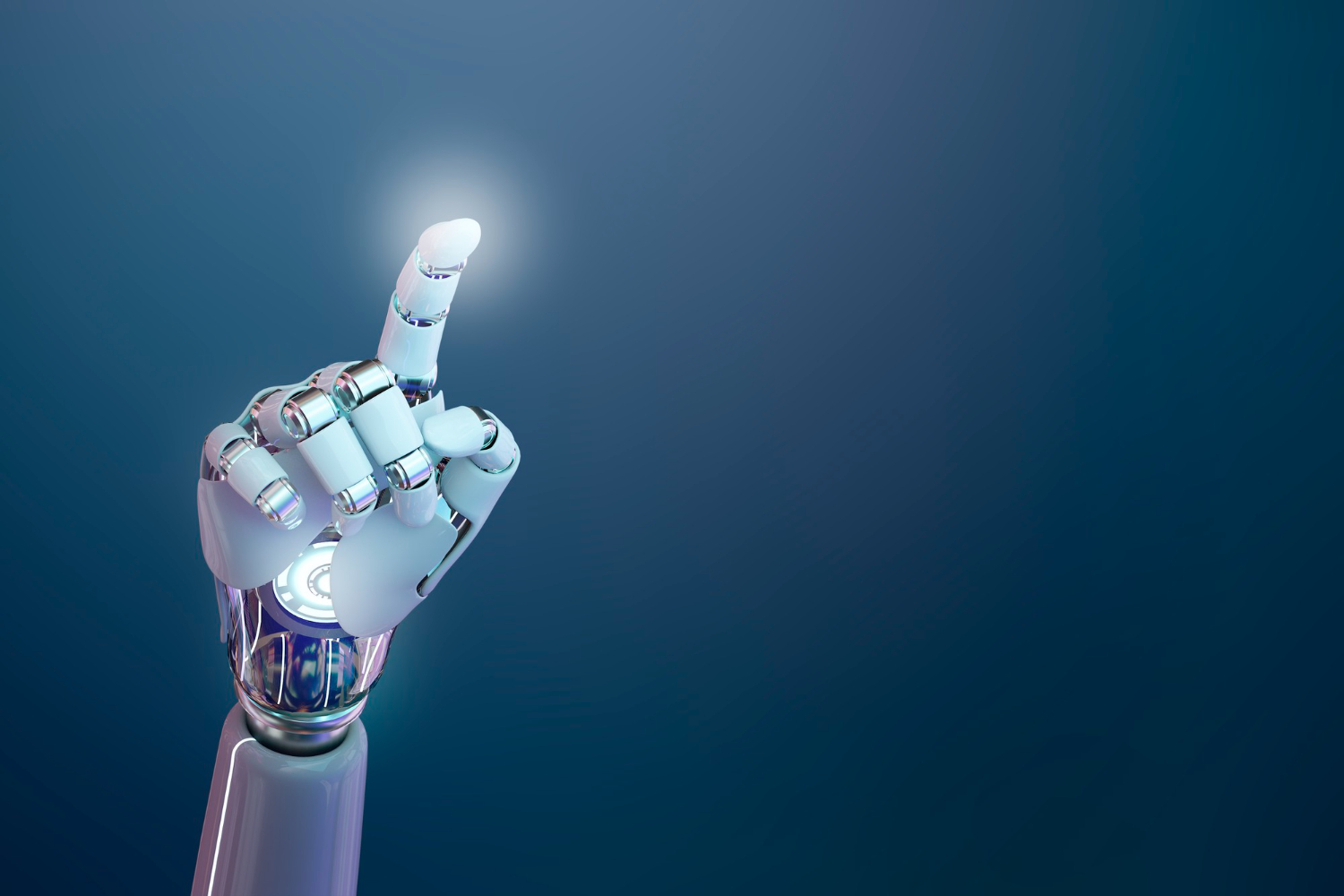The Impact of AI, Will AI Take Over the World?
What is Artificial Intelligence and How Can it Impact Our Lives?
Artificial Intelligence (AI) is a rapidly growing technology that is transforming the way we live and work. AI has the potential to revolutionize our lives by automating tasks, making decisions more quickly and accurately, and even providing insights into complex problems. In this article, we will explore what AI is, how it works, and how it can impact our lives in the future. We will also discuss some of the potential benefits of AI technology and its potential to shape our society for the better.
AI can impact our lives in a variety of ways, from improving the efficiency of our daily routines to revolutionizing entire industries. For example, AI-powered virtual assistants like Siri and Alexa can help us with tasks such as setting reminders, making phone calls, and providing weather updates. In the healthcare industry, AI is being used to improve diagnosis and treatment plans for patients, while in transportation, AI is being used to develop autonomous vehicles that can help reduce accidents and traffic congestion.
AI can also create new job opportunities and enhance existing ones. For instance, AI can automate repetitive and mundane tasks, allowing workers to focus on more creative and fulfilling tasks. Additionally, AI can help companies make better and more informed decisions, leading to increased productivity and profitability.
However, AI also presents some potential challenges and risks, such as the displacement of jobs, biases in decision-making, and the possibility of AI being used for malicious purposes. It is important to carefully consider the impacts of AI and develop ethical frameworks and regulations to ensure that its development and use align with our values and serve the best interests of society.
Understanding the Pros & Cons of AI Taking Over The World
The idea of AI taking over the world, also known as a technological singularity, has been the subject of debate and discussion for many years. Here are some of the pros and cons of AI taking over the world:
Pros:
- Increased efficiency and productivity: AI has the potential to automate many mundane and repetitive tasks, freeing up humans to focus on more creative and valuable work.
- Improved decision-making: AI can analyze vast amounts of data quickly and accurately, providing insights that humans might miss, leading to better-informed decisions.
- Medical advancements: AI can help identify new treatments and cures for diseases by analyzing large amounts of medical data and accelerating drug discovery.
- Improved safety: Autonomous vehicles, drones, and other AI-powered systems can reduce accidents and save lives by performing tasks that are too dangerous for humans.
Cons:
- Job displacement: As AI automates many jobs, it could lead to significant job displacement and the need for new job training and re-skilling.
- Bias and discrimination: AI algorithms can reflect biases and prejudices present in the data they are trained on, potentially perpetuating discrimination and inequality.
- Control and safety concerns: If AI becomes more intelligent than humans, it could become difficult or impossible to control, leading to safety concerns.
- Social and ethical implications: AI could raise complex ethical and social issues, such as privacy, accountability, and the distribution of power and wealth.
How AI Could Take Over The World & What We Can Do to Prevent It
AI has become increasingly smart and powerful in recent years, to the point where some are concerned that it could eventually take over the world. While this may seem like a far-fetched idea, it’s important to consider what steps we can take now to prevent an AI takeover in the future. We need to understand how AI works and develop safeguards that will protect us from any potential dangers posed by advanced artificial intelligence. In this article, we’ll explore how AI could potentially take over the world and what measures we can put in place now to prevent it from happening.
Exploring Existing Regulations Around AI Taking Over The World
The development and use of artificial intelligence (AI) has grown rapidly in recent years, and concerns about its potential impact on society have also increased. As a result, governments and regulatory bodies around the world are starting to explore regulations and guidelines to ensure that AI is developed and used in an ethical and responsible manner. Here are some of the existing regulations around AI taking over the world:
- The General Data Protection Regulation (GDPR): This regulation, implemented by the European Union, provides guidelines for the ethical use of personal data, including data collected by AI systems. It gives individuals more control over their personal data and requires organizations to be transparent about how they collect, store, and use data.
- The International Organization for Standardization (ISO) guidelines: The ISO has developed guidelines for the ethical and responsible development and use of AI systems. These guidelines cover issues such as transparency, accountability, and bias in AI systems.
- The Global Partnership on AI (GPAI): This international organization brings together governments, industry, and academia to collaborate on the development and use of AI. Its focus is on ensuring that AI is developed and used in a way that is ethical, transparent, and accountable.
- The European Commission’s White Paper on AI: This document outlines the European Commission’s strategy for the development and deployment of AI in Europe. It emphasizes the need for ethical and trustworthy AI systems and proposes regulations and guidelines to ensure their development and use.
- The AI Now Institute: This research institute focuses on the social implications of AI and provides recommendations for the responsible development and use of AI. Its research covers issues such as bias, transparency, and accountability in AI systems.
Overall, the goal of these regulations and guidelines is to ensure that AI is developed and used in a way that benefits society as a whole, while minimizing potential risks and negative impacts.




